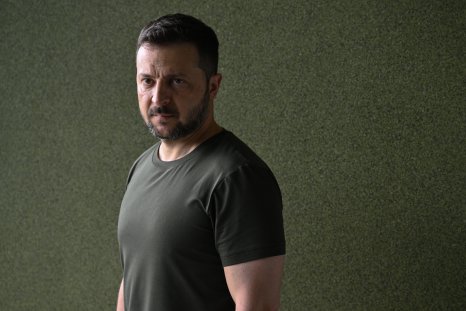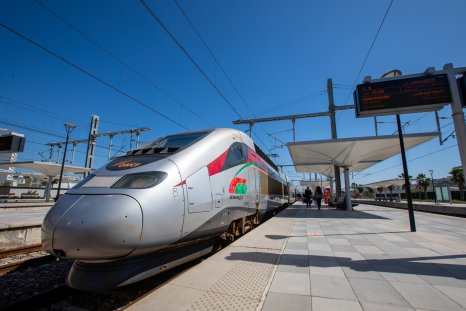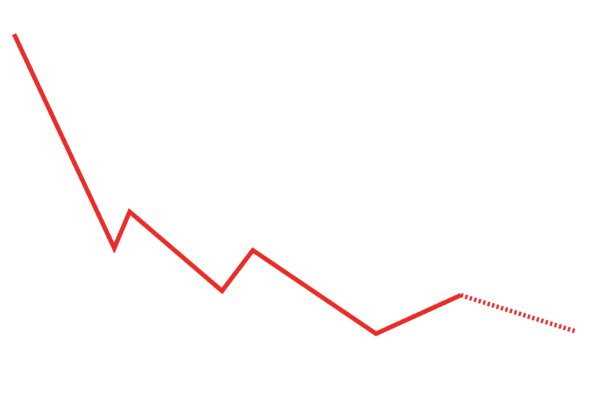Bangladesh's government has banned an opposition party and its student wing in a crackdown following a wave of violent protests between police and student groups that has resulted in over 200 dead and thousands of arrests in July.
Over the past few weeks, the country has been embroiled in violent protests over what demonstrators say is a discriminatory quota system for government jobs, where 30 percent are reserved for family members of veterans who fought in Bangladesh's war of independence against Pakistan in 1971. On July 21, the country's Supreme Court reduced this quota to 5 percent.
Since mid-July, at least 211 people have died, and more than 10,000 people have been arrested, per the Associated Press (AP). As a result, demonstrations demanding justice for victims of the recent unrest have cropped up.
Bangladesh's Prime Minister Sheikh Hasina has blamed the Jamaat-e-Islami party, it's student wing, Islami Chhatra Shibir, and the Bangladesh National Party for inciting violence at the protests. The country's Ministry of Home Affairs banned the party under an anti-terrorism law this week, according to the AP.
Newsweek reached out to the press team for the Bangladesh government and Bangladesh's Ministry of Home Affairs via email on Thursday for comment.
Jamaat-e-Islami, a religious party founded in 1941 during British colonial rule, stood in opposition to Bangladesh's independence from Pakistan during the 1971 war.
The head of the group, Dr. Shafique Rahman, issued a public statement condemning the government's ban, writing: "The constitution of Bangladesh gives all citizens the right to assemble and organize. The government has violated the constitution by banning 'Bangladesh Jamaat-e-Islami' and 'Bangladesh Islami Chhatrashibir'. We strongly condemn and protest this unconstitutional, undemocratic and unjust decision of the government."
In his statement, Rahman also refuted claims that the Jamaat-e-Islami party is affiliated with terrorism and described his view of the past weeks of protests.
He wrote: "The government carried out massacres by engaging party cadres and law enforcers across the country to suppress the non-political movement of the student community. Country's teachers, cultural personalities, journalists and people of different professions are protesting against this mass killings of the government."
Newsweek reached out to Jamaat-e-Islami for comment via email on Thursday.
The party has a history of being banned in the country, including several years after its founding and more recently in 2013.
Meanwhile, Bangladesh's Prime Minister Hasina has imprisoned thousands of opposition leaders and activists during her combined two-decade tenure, especially prior to her latest election in January.
Disclaimer: The copyright of this article belongs to the original author. Reposting this article is solely for the purpose of information dissemination and does not constitute any investment advice. If there is any infringement, please contact us immediately. We will make corrections or deletions as necessary. Thank you.



